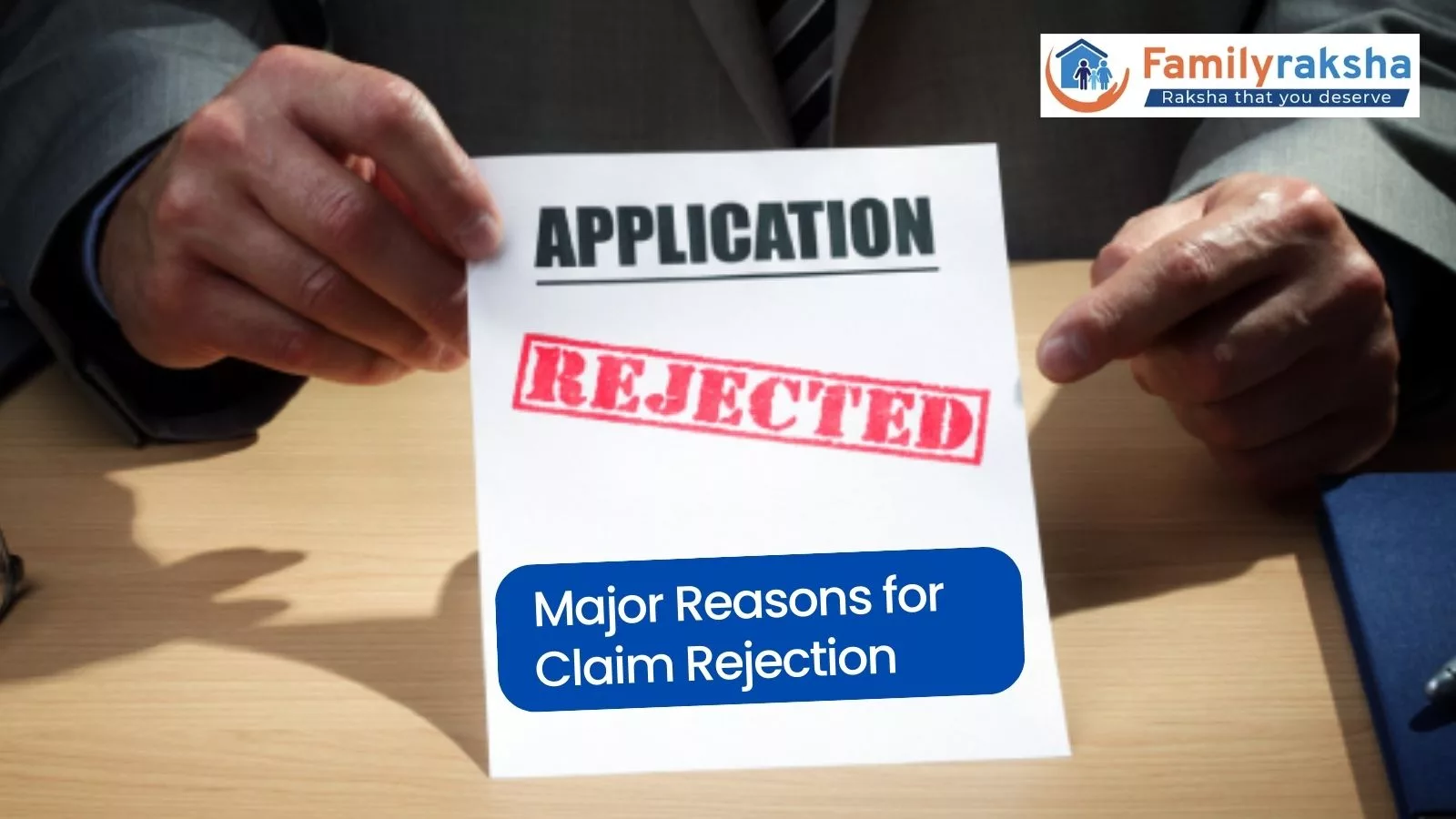
Major Reasons for Claim Rejection
Claim rejection refers to the situation when an insurance company or another party responsible for processing claims refuses to pay or approve a claim submitted by an individual or entity seeking reimbursement or coverage for specific goods, services, or losses. Claim rejection can occur in various types of insurance, such as health insurance, auto insurance, property insurance, and more.
When a claim is rejected, it means that the claimant’s request for compensation or coverage has been denied, and they will not receive the benefits or funds they were seeking. The reasons for claim rejection can vary and may include missing information, policy exclusions, lack of eligibility, filing errors, policy limitations, and more, as mentioned in the previous response.
It’s essential for individuals and businesses to be familiar with the terms and conditions of their insurance policies or agreements and ensure that they provide accurate and complete information when submitting claims to minimize the likelihood of claim rejection. In case of claim rejection, the claimant may have the option to appeal the decision or take other appropriate actions to address the situation.
Claim rejection can occur in various situations, depending on the type of claim being made and the specific circumstances surrounding it. Here are some major reasons for claim rejection:
Missing or Incomplete Information :Claims that lack essential details or required documentation are often rejected. Incomplete forms, missing signatures, or insufficient supporting evidence can lead to claim denial.
Non-Covered Services:Sometimes, claims are rejected because the requested services or treatments are not covered under the insurance policy or the terms of the agreement.
Policy Exclusions: Insurance policies often have specific exclusions, such as pre-existing conditions or certain high-risk activities. Claims that fall under these exclusions are likely to be denied.
Lapsed Coverage: If the policyholder’s coverage has expired, or they have failed to pay their premiums on time, claims submitted during this period may be rejected.
Failure to Meet Eligibility Criteria: Some claims might be rejected if the claimant does not meet the eligibility requirements specified in the policy or agreement.
Incorrect Billing or Coding: In the case of healthcare claims, incorrect billing codes or mistakes in the claim submission process can lead to claim denials.
Fraudulent Activity: Claims found to be fraudulent or containing false information will be rejected. Insurance companies thoroughly investigate suspicious claims to prevent fraud.
Timely Filing Limits: Many insurance companies have specific time frames within which claims must be submitted. Claims submitted after the specified deadline may be denied.
Lack of Medical Necessity: Healthcare claims may be denied if the insurance company determines that the treatment or service was not medically necessary.
Coordination of Benefits (COB) Issues: In situations where a person is covered by multiple insurance policies, the coordination of benefits can be complex. If the coordination is not handled correctly, it may result in claim rejection.
Policy Limitations: Some insurance policies have limits on the amount they will pay for certain services or damages. If the claim exceeds these limits, the excess amount may be denied.
Filing Errors: Simple mistakes made during the claim submission process, such as incorrect account numbers or misspelled names, can lead to claim rejection.
Lack of Authorization: In certain cases, prior authorization or pre-approval may be required for specific services or procedures. Failure to obtain this authorization can result in claim denial.
To minimize the risk of claim rejection. it’s crucial to thoroughly review and understand the terms of the insurance policy or agreement. Provide complete and accurate information when filing claims, and adhere to all requirements and deadlines specified by the insurer. If a claim is rejected, the claimant may have the option to appeal the decision. Provide additional information to support their claim.


